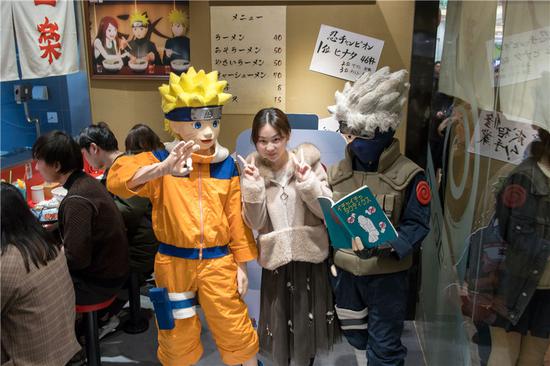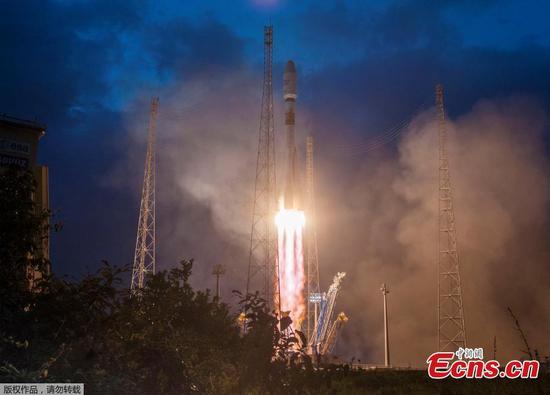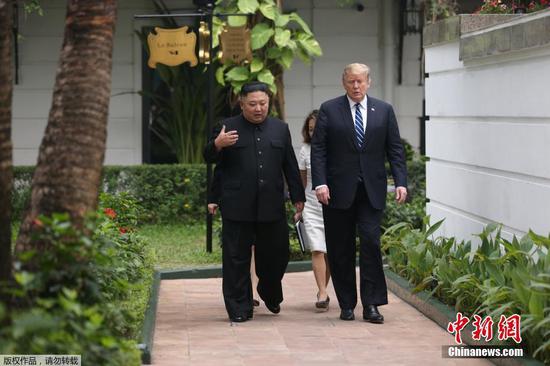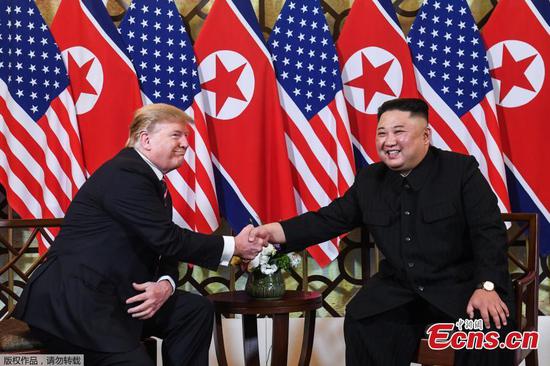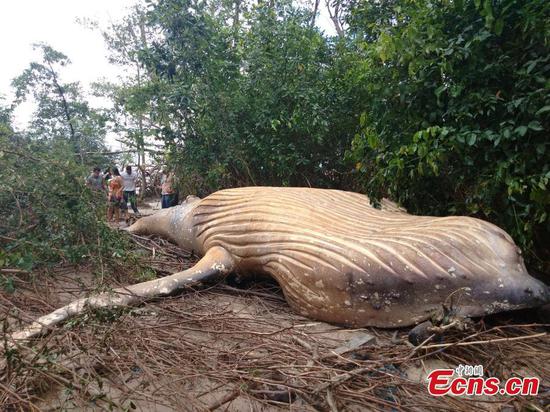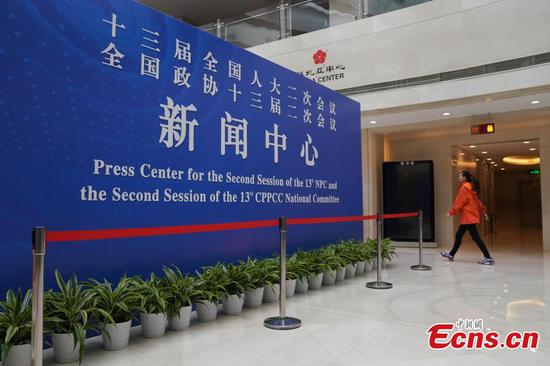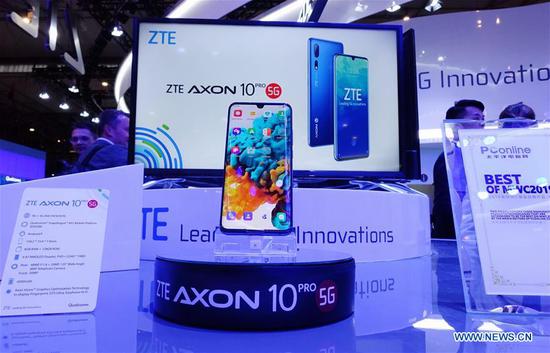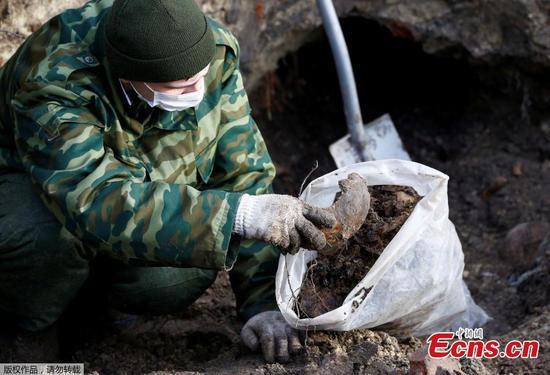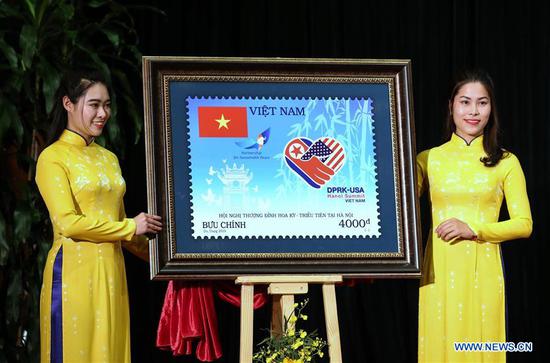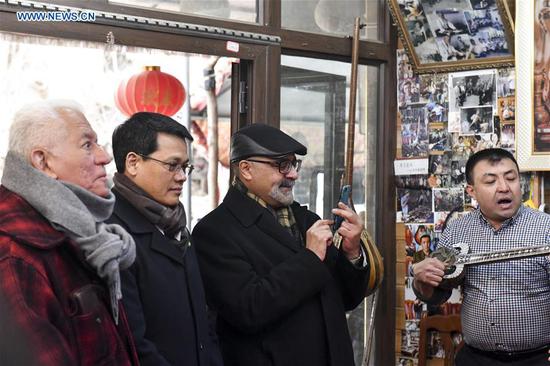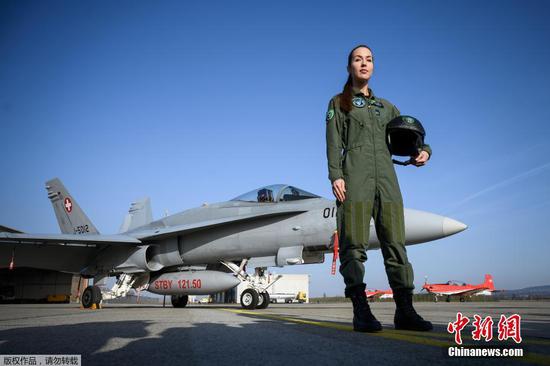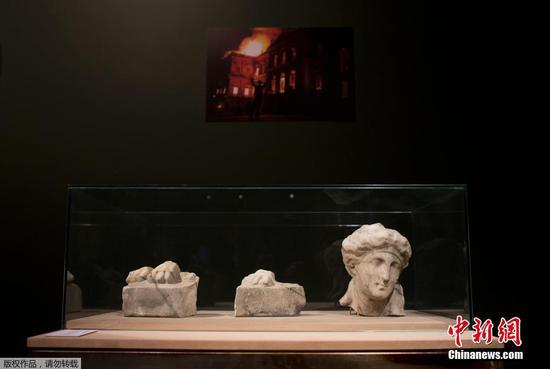Chinese scientists have identified a therapeutic target of early-stage hepatocellular carcinoma (HCC), the most common type of primary liver cancer in adults.
HCC is the third leading cause of cancer-related deaths worldwide. Infection with the hepatitis B virus is one of the leading risk factors for developing HCC, particularly in East Asia, according to He Fuchu, chief scientist of the Chinese Human Proteome Project and an academician of the Chinese Academy of Sciences.
Although surgical treatment may be effective in the early stages, the five-year overall rate of survival after developing this cancer is only 50 percent to 70 percent, according to scientists.
Researchers classified the cancer into three sub-types S-I, S-II and S-III. Each of the three sub-types has a different clinical outcome, with S-III associated with the lowest overall rate of survival.
By analyzing the proteomic data of the S-III sub-type, scientists found the therapeutic target called SOAT1. The knockdown of SOAT1 can effectively suppress the proliferation and migration of HCC.
In experiments on mice, they also found that treatment with avasimibe, an inhibitor of SOAT1, markedly reduced the size of tumors that had high levels of SOAT1 expression.
The study provides insight into the tumor biology of this cancer, and suggests opportunities for personalized therapies that target it, He said.
The research was published in the latest issue of the academic journal Nature.









